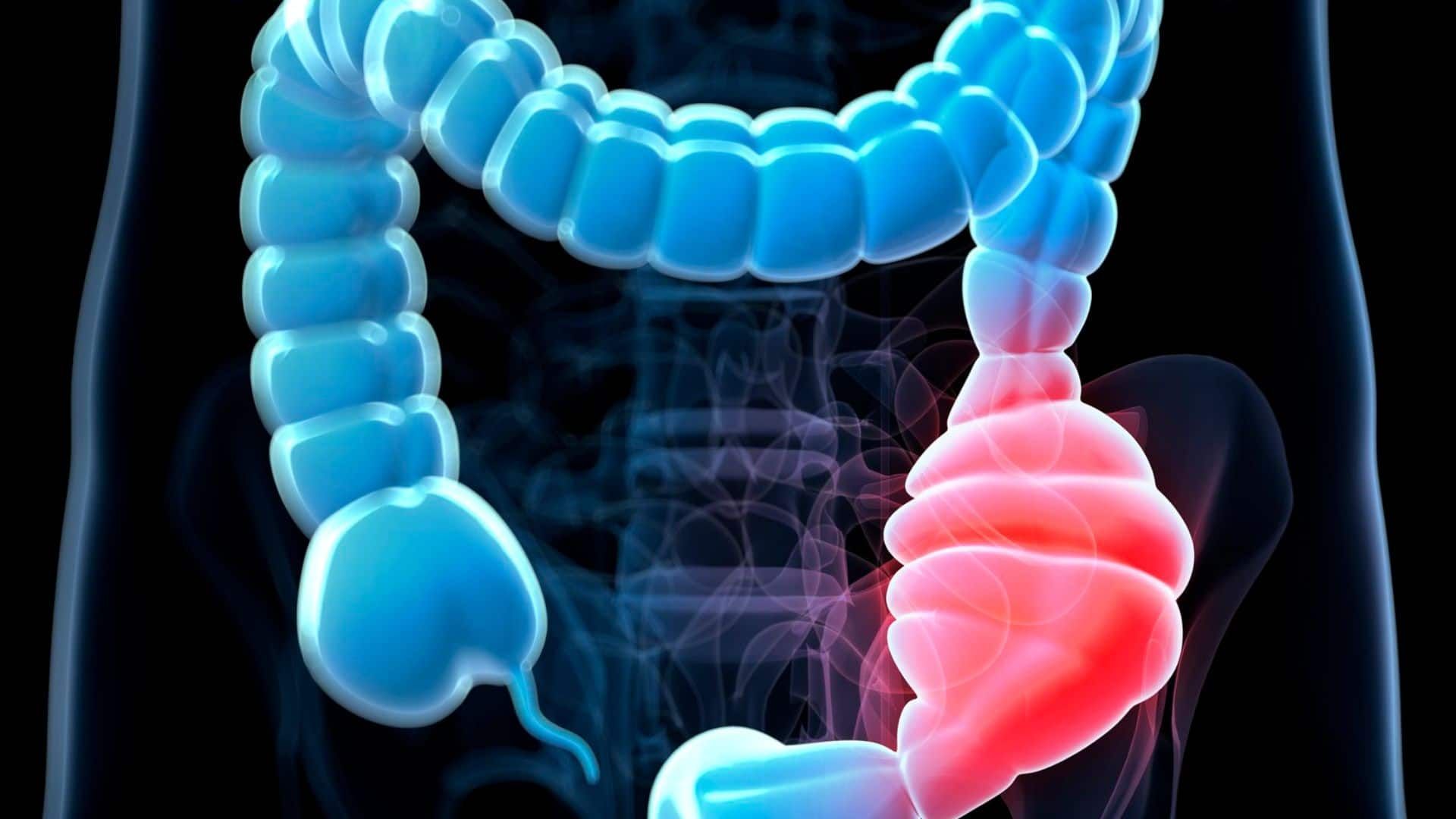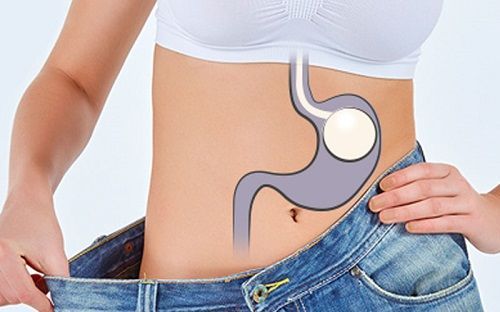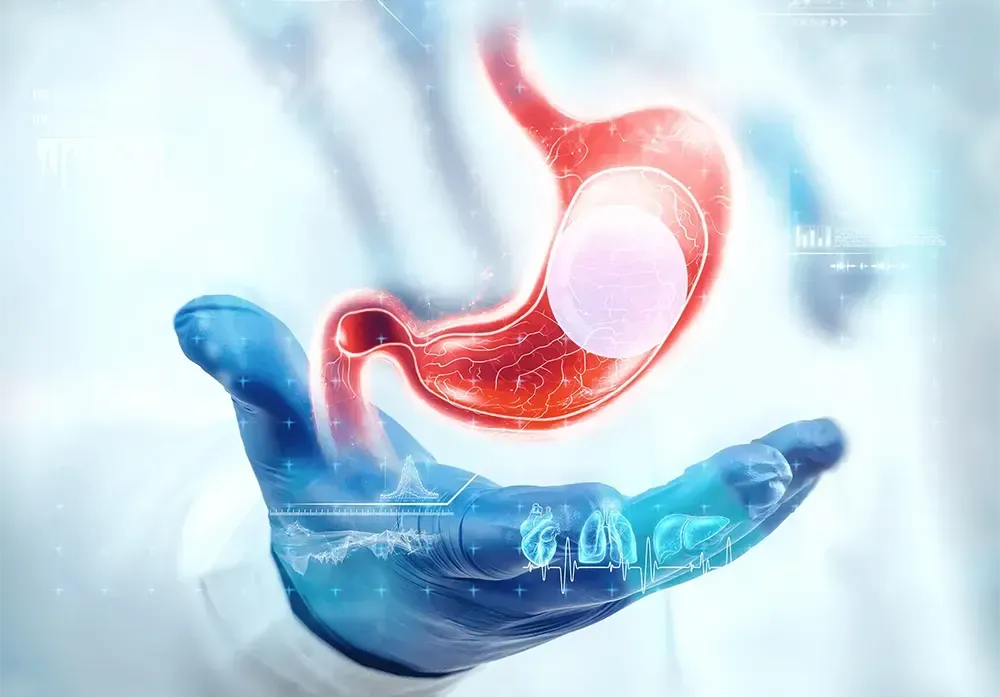Hemorrhoidectomy for Thrombosed External Hemorrhoids
What are thrombosed hemorrhoids?
All people have blood-filled sacs that cushion the passage of stool through the anal canal. When these sacs become stretched and enlarged, they are called hemorrhoids. Hemorrhoids can occur during or after pregnancy, after long periods in a seated position (such as during long car trips), or because of constipation or diarrhea. Hemorrhoids generally are classified as external (outside of the anal canal), which can be very painful, and internal (inside the anal canal), which can protrude and bleed.
External hemorrhoids can become thrombosed (develop blood clots inside) and become very tender. Large blood clots can produce pain with walking, sitting or passage of stool. It is not clear why healthy people suddenly develop clots in external hemorrhoids.
What treatments are available for thrombosed external hemorrhoids?
The treatments for external hemorrhoids are different from those for internal hemorrhoids. One treatment option is to allow clots in the external hemorrhoids to be slowly absorbed by the body over several weeks. You can try hot baths, ointments or creams for the discomfort. Most experts recommend that the blood clots be surgically removed.
What happens during surgical removal of the thrombosed hemorrhoid?
One hemorrhoid treatment procedure creates an incision (cut) over the clot, allowing the doctor to squeeze out the clot. Unfortunately, this quick and easy procedure frequently results in blood clots reforming and continuing pain. A more extensive procedure (full hemorrhoidectomy) removes the clot and the blood vessels in the hemorrhoid. This procedure is longer and may require sutures (stitches) to close the wound, but can yield better results. Local anesthesia (numbing medicine) is used for both procedures.
Does it matter how long my hemorrhoids have been hurting?
Surgery on thrombosed external hemorrhoids is best performed during the first 72 hours (3 days) after symptoms start. Significant symptom relief can be achieved with early surgery. After 72 hours, the pain relief from the surgery may not be greater than the discomfort from the surgery itself.
How should I prepare for the procedure?
See your gastroenterologist as soon as the pain develops. No enema or colon preparation is required. However, you may want to take 3 or 4 ibuprofen tablets (brand names: Advil, Motrin, Nuprin), in a dosage of 200 mg each, before the procedure to lessen discomfort.
Following Hemorrhoidectomy for Thrombosed External Hemorrhoids
- You will probably have some discomfort once the numbing medicine wears off. Pain may be relieved by taking a combination of acetaminophen (brand name: Tylenol), in 325-mg tablets, 2 tablets every 4 hours, and ibuprofen (brand names: Advil, Motrin, Nuprin), in 200-mg tablets, 4 tablets 3 times a day. Take the ibuprofen with food to limit stomach upset. Narcotic pain relievers, such as codeine, are not recommended because they can cause constipation, and hard stools can cause tearing in the anus after the procedure.
- You may have some bloody drainage or mild bleeding with passage of stools for the next few weeks. You can place new gauze over the wound, if you desire, whenever the gauze becomes soiled. Even with soft stools, some tearing of the stitches at the surgical site may occur during the first few weeks after the procedure. If you have heavy bleeding, contact your doctor.
- Infection is uncommon after this procedure. However, you can apply antibiotic ointment to the site daily during the first week after your surgery. Call your doctor if the site develops redness, foul-smelling drainage or swelling, or if you have increasing discomfort in the area.
- Twenty-minute sitz baths (soaking in a tub of warm water) can be taken during the first few weeks after the procedure to aid in healing and to provide comfort at the site. After 1 week, some people prefer to use medicines such as Anusol or Preparation H to soothe the tissues.
- It is very important that your bowel movements remain soft after surgery. Drink at least 6 full glasses of water daily. Take over-the-counter (nonprescription) stool softeners such as Colace or Surfak (2 capsules 2 times a day) for at least the first 2 weeks after the procedure.
- Take a stool-bulking agent such as Metamucil or Citrucel every day. These products can initially produce gas and bloating but can be easier to tolerate if the stool softeners are used simultaneously at the start (1 tablespoon daily in a large glass of orange juice, then slowly increase the amount according to package directions).
- Straining at stool should be avoided after hemorrhoid treatments. Do not sit for long periods on the toilet. Remove all reading materials from the bathroom. Do not place anything in the rectum, such as an enema, for 3 weeks after the procedure.
- Your doctor may want to examine your colon for coexisting disease. The procedure is called flexible sigmoidoscopy, and it may be performed 6 to 12 weeks after your hemorrhoid procedure. You will be given more information if this is scheduled.
The post Hemorrhoidectomy for Thrombosed External Hemorrhoids appeared first on Gastro SB.










